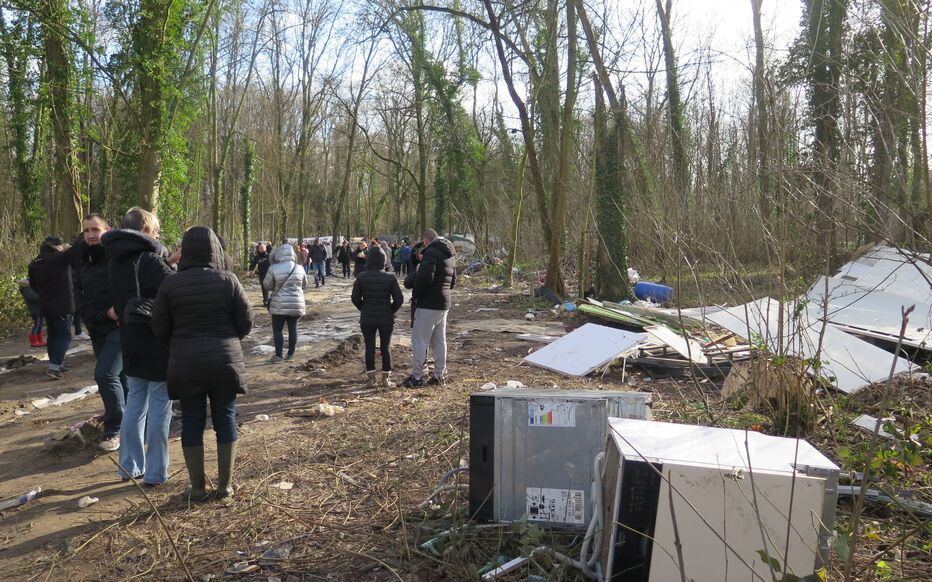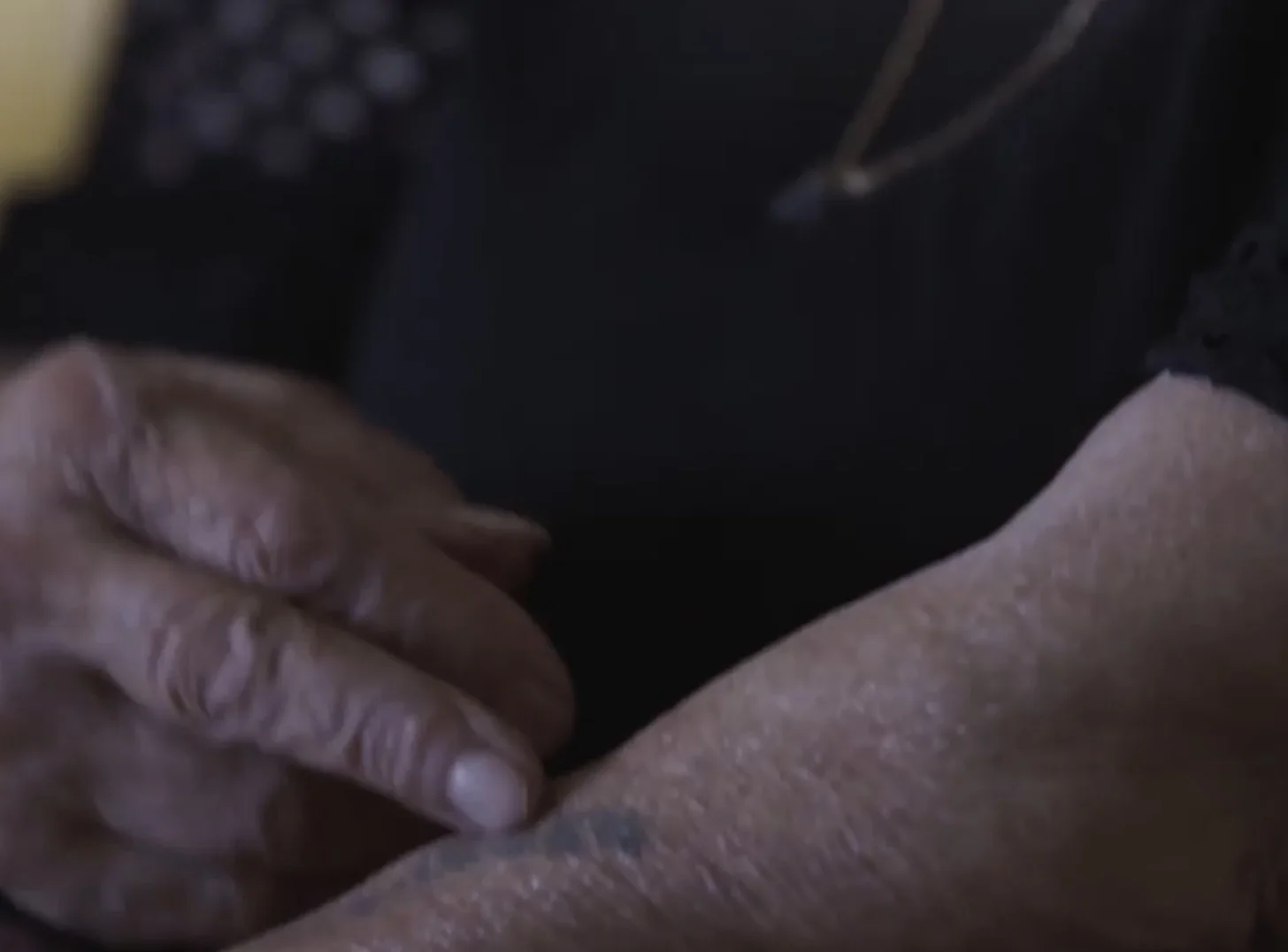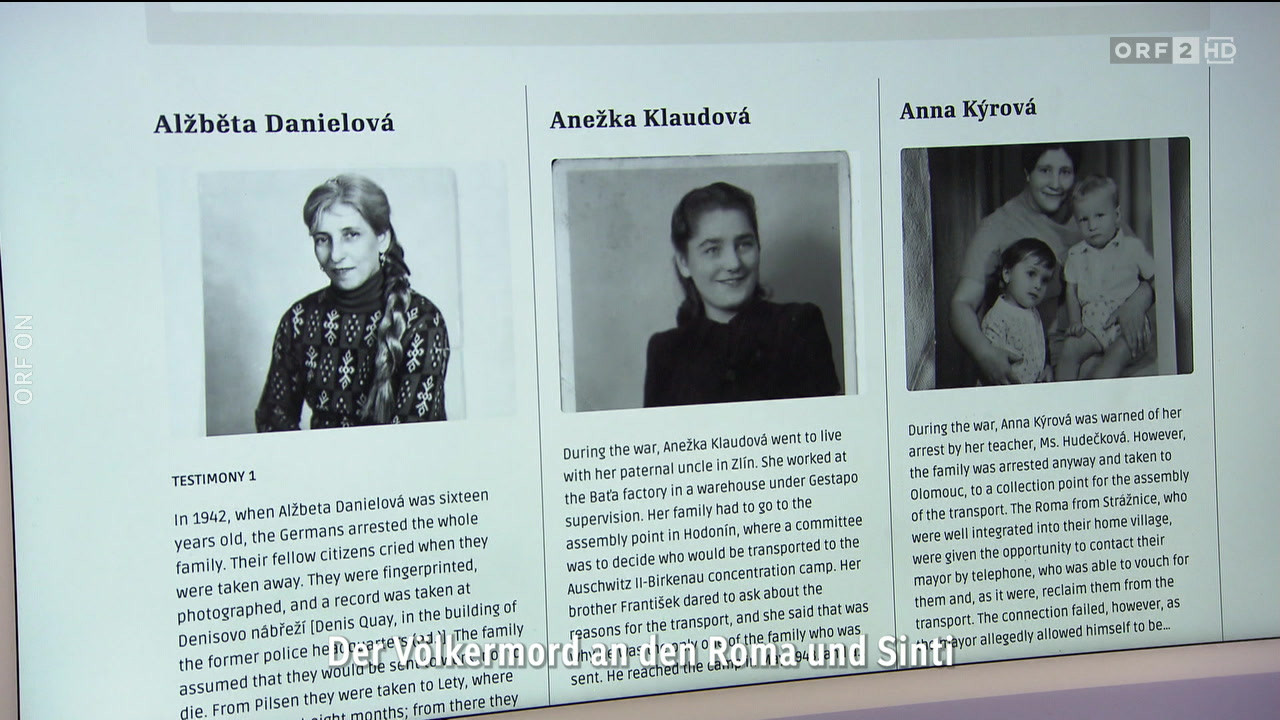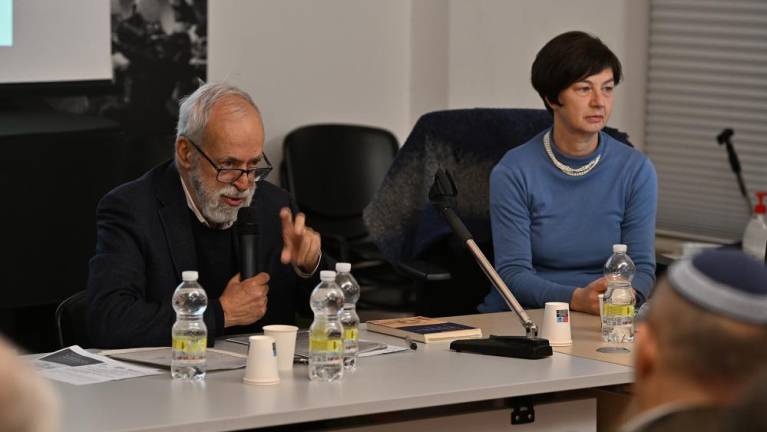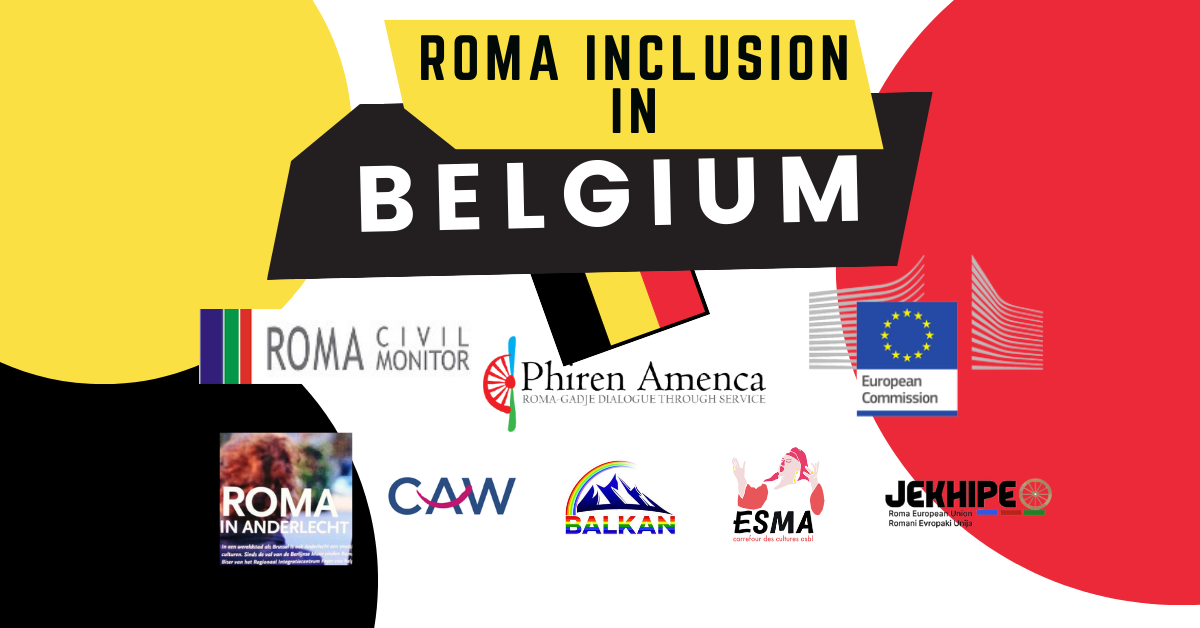Kassam (2014) reports on a controversy surrounding the new edition of the dictionary of the Royal Spanish Academy. Therein, the already pejorative word “Gypsy” is equated in an unreflected way to “impostor” and “deceiver”, without referring to the history of the term. According to linguistic and historical studies, the exonym “Gypsy” goes back to the “Athiganoi” in the Byzantine Empire. In the chronicles of that time, these heretics were assigned similar pejorative attributes as the Rroma and were considered as being magicians and fortunetellers: “After 13 years spent updating entries, the Royal Spanish Academy unveiled its 23rd edition of the Spanish dictionary earlier this month at a sombre ceremony presided by King Felipe VI and Queen Letizia,. The new edition removed a previous definition of “gitano” or “gypsy” as an adjective meaning “defrauding or operating with deception”. But it added a new secondary meaning, saying the word was synonymous with “trapacero” – an adjective meaning dishonest or swindling. Arguing that the definition is obsolete and does little more than feed into prejudices, the Association of Feminist Gypsies for Diversity is taking action.” […] “You can’t label an entire community, an entire culture, a whole population like this,” said member Maria José Jiménez Cortiñas. “The entry legitimises stereotypes. We’re asking that for once the Academy move ahead of society and eliminate definitions that serve only to marginalise our community.”” Rroma have experienced a centuries-old history of exclusion and persecution in Europe. Their exclusion is significantly based on stereotyped prejudices. To consolidate these prejudices by unrelentingly echoing them in a dictionary is indeed very questionable.
- Kassam, Ashifa (2014) Spain’s oldest dictionary under fire for equating ‘gypsy’ with ‘cheat’. In: The Guardian online vom 29.10.2014. http://www.theguardian.com/world/2014/oct/29/spanish-dictionary-gypsies-definition-cheat
